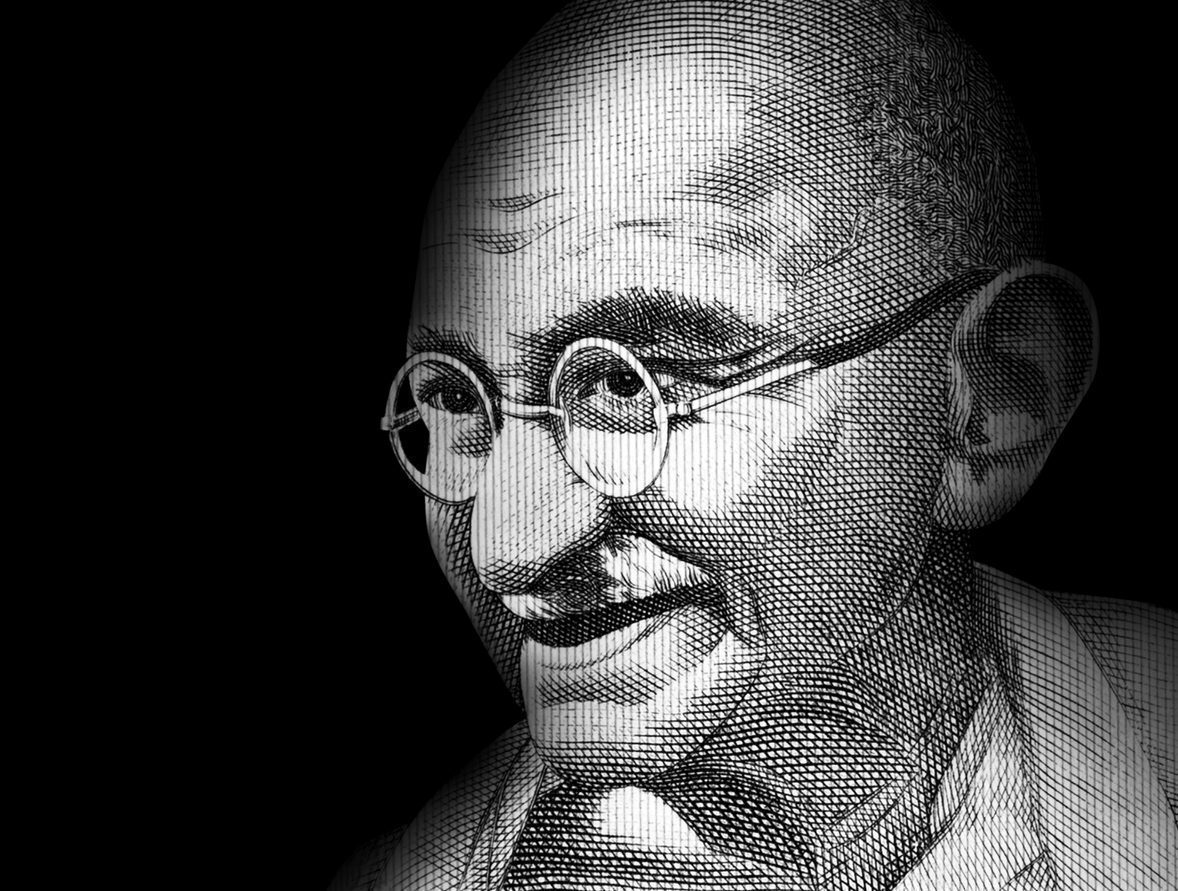
Problem Gambling During the COVID-19 Pandemic
Gambling disorder is a major public health concern.1 The reported prevalence is between 1.2% and 7.1% in the general population.2 Gambling disorder is recognized as a mental disorder in diagnostic systems and has a strong association with completed suicide.3 The DSM-5 conceptualizes gambling disorder as persistent and recurrent problematic gambling behavior that causes significant impairment and distress.4 Criteria include preoccupation with gambling, increasing tolerance, and chasing the losses. Patients often gamble when distressed and may conceal the extent of their problem.4
A recent published study3 indicates that gambling disorder independently forms a risk factor for suicide when excluding other psychiatric conditions. Psychiatric comorbidities are common, and a meta-analysis5 reported Axis I disorders in up to 75.5% of individuals. Anxiety, depression, attention-deficit/hyperactivity disorder, and substance use disorders can be present.3,5
Gambling can disrupt a person’s finances and lead to accumulation of large debt, which also confers a risk for suicidality.3 Interpersonal relationships can become strained, and the risk for substance misuse is elevated. Individuals are more likely to engage in acts of violence, and there is a link between problem gambling, alcohol misuse, and intimate partner violence.6,7
Consequences of COVID-19
The UK Gambling Commission8 posted concerning data regarding the impact of coronavirus disease 2019 (COVID-19). It was reported that 64% of “engaged” gamblers from a sample of 81 increased their duration of activity or financial expenditure on at least 1 gambling activity.8 The term engaged referred to individuals who had participated in 3 or more gambling activities in the previous 4 weeks. The data were statistically significant when compared to all who had gambled during this period.8
We predict the socioeconomic consequences of the pandemic will not only exacerbate the symptoms of those with existing illness but also contribute to new cases occurring. Some of the protective factors that offer stability and reduce harm have been removed, including regular routine and structured daily activity. Many will experience boredom, which can increase gambling behaviors.6 For others, the gambling may be a form of escapism to avoid stress and negative thinking.9 The services offered by mental health teams and support groups such as Gamblers Anonymous may also be restricted. The financial deprivation, which has affected many, may be a precipitating factor for maladaptive behavior such as problem gambling.
Younger people have more screen time available due to social isolation and the closure of schools. This increased screen time may attract them to online gambling, which is currently the industry’s largest sector.2 Gambling organizations have secured a strong online presence, and advertisements frequently appear as popup links. Younger age is recognized as a risk factor for developing gambling disorder later in life.6,7
Risk Factors
There are various risk factors for gambling disorder, with males more commonly affected.5 Those of lower socioeconomic status, a migration background, and less formal education are more vulnerable.5 Anxiety and depressive disorders can be involved in the etiology of gambling disorder but also arise as a consequence.5 Buth et al5 note that having a comorbid mental disorder increases the likelihood of developing a gambling problem. A family history of gambling disorder and being raised by a single parent are also cited as risk factors.5
Assessment
The primary care physician should screen for gambling disorder in those who present with financial difficulty or signs of psychiatric disorder, and screening for debt should form an integral part of an overall risk assessment. Clinicians should assess for comorbid psychiatric conditions and record a drug and alcohol history. It is also important to identify if patients use alcohol or illicit substances during a gambling session.10 A forensic history is required, as patients may resort to criminality to fund their addiction.
Patients may not acknowledge the extent of their behavioral addiction, with some in denial or experiencing ambivalence. Others may feel shame and embarrassment, which prevents disclosure. It may be appropriate to obtain a collateral history from relatives with patient consent.10 Brief motivational interviewing can create cognitive dissonance and commitment to make change. A Cochrane review11 found preliminary evidence for some benefits of motivational interviewing in reducing gambling behavior.The clinician should establish a therapeutic alliance and use a sensitive but proactive approach.
Management
The management of gambling disorder follows a biopsychosocial model. Patients should be encouraged to seek help and referred to specialist agencies, which include mental health teams and third-sector organizations (Box 1). Both the patient and clinician should jointly form a safety plan. Mutual aid groups such as Gamblers Anonymous can help with self-efficacy, coping, and motivation. There should be close liaison between primary and secondary health care services.
Psychological therapies, which include cognitive-behavioral therapy (CBT), have evidence for the management of gambling disorder. Two meta-analyses, which included an article by Cowlishaw et al11 and another by Gooding and Tarrier,12 confirmed the efficacy of CBT in problem gambling. The review by Cowlishaw et al11 supported the benefits of CBT immediately following therapy. However, there was a paucity of studies that monitored longer-term outcomes with CBT. A possible benefit from integrative therapies was reported, but there was limited evidence available to allow for robust evaluation.11
Face-to-face therapies are not being offered at the time of this writing. Remote therapies for gambling disorder are a credible alternative. Hedman et al13 reported that internet-based CBT was equivalent in its effects to traditional CBT and more cost effective. Carlbring and Smit14 suggested CBT with therapist contact via e-mail and weekly telephone consultation.
The Royal College of Psychiatrists15 advise in their rapid evidence review that naltrexone can be used in gambling disorder if not contraindicated. This medication should ideally be prescribed by a specialist. Antidepressants such as selective serotonin reuptake inhibitors may be indicated if the gambling disorder is complicated by comorbid anxiety and depression.2,15 However, these medications should not be used for treating gambling alone.15 The efficacy of mood stabilizers, in particular lithium, has been studied in those with comorbid bipolar affective disorder. Lithium appeared to be effective in this group of patients.2,16 The glutamatergic agent topiramate combined with a cognitive intervention has shown promising results.2,16
Conclusion
It is important that physicians are aware that gambling behaviors may escalate during and after the COVID-19 pandemic. Physicians should routinely ask about problem gambling when patients present with possible risk factors for the condition. Early identification and management are essential to prevent adverse consequences and significant impairment.
Received: May 22, 2020.
Published online: July 30, 2020.
Potential conflicts of interest: None.
Funding/support: None.
Box 1. Gambling Disorder Resources
- American Psychiatric Organization: https://www.psychiatry.org/patients-families/gambling-disorder/what-is-gambling-disorder
- National Problem Gambling Clinic London: www.gamblingtherapy.org/en/national-problem-gambling-clinic-cnwl-london
- Gambling Commission: www.gamblingcommission.gov.uk
- BeGambleAware: www.begambleaware.org
- GamCare: www.gamcare.org
- Citizens Advice: www.citizensadvice.org.uk
American Psychiatric Organization: https://www.psychiatry.org/patients-families/gambling-disorder/what-is-gambling-disorder
National Problem Gambling Clinic London: www.gamblingtherapy.org/en/national-problem-gambling-clinic-cnwl-london
Gambling Commission: www.gamblingcommission.gov.uk
Advisory Board for Safer Gambling: www.rgsb.org.uk
BeGambleAware: www.begambleaware.org
GamCare: www.gamcare.org
Citizens Advice: www.citizensadvice.org.uk
REFERENCES
1.Beynon C. Faculty of Public Health Gambling Policy Statement. Faculty of Public Health website. https://www.fph.org.uk/media/1810/fph-gambling-position-statement-june-2018.pdf. June 2018.
2.Choi SW, Shin YC, Kim DJ, et al. Treatment modalities for patients with gambling disorder. Ann Gen Psychiatry. 2017;16(1):23. PubMed CrossRef
3.Wardle H, John A, Dymond S, et al. Problem gambling and suicidality in England: secondary analysis of a representative cross-sectional survey [published online ahead of print May 11, 2020]. Public Health. PubMed CrossRef
4.Rennert L, Denis C, Peer K, et al. DSM-5 gambling disorder: prevalence and characteristics in a substance use disorder sample. Exp Clin Psychopharmacol. 2014;22(1):50-56. PubMed CrossRef
5.Buth S, Wurst FM, Thon N, et al. Comparative analysis of potential risk factors for at-risk gambling, problem gambling and gambling disorder among current gamblers—results of the Austrian Representative Survey 2015. Front Psychol. 2017;8:2188. PubMed CrossRef
6.Schalkwyk MCIV, Cheetham D, Reeves A, et al. COVID-19: we must take urgent action to avoid an increase in problem gambling and gambling related harms. Thebmjopinion website. https://blogs.bmj.com/bmj/2020/04/06/covid-19-we-must-take-urgent-action-to-avoid-an-increase-in-problem-gambling-and-gambling-related-harms/. Accessed July 13, 2020.
7.Bowden-Jones H. Pathological gambling. BMJ. 2017;357:j1593. PubMed CrossRef
8.COVID-19 and its impact on gambling—what we know so far. UK Gambling Commission website. https://www.gamblingcommission.gov.uk/news-action-and-statistics/Statistics-and-research/Covid-19-research/Covid-19-and-its-impact-on-gambling-%E2%80%93-what-we-know-so-far.aspx. Accessed July 13, 2020.
9.Kirסly O, Potenza MN, Stein DJ, et al. Preventing problematic internet use during the COVID-19 pandemic: consensus guidance. Compr Psychiatry. 2020;100:152180. PubMed CrossRef
10.George S, Murali V. Pathological gambling: an overview of assessment and treatment. Adv Psychiatr Treat. 2005;11(6):450-456. CrossRef
11.Cowlishaw S, Merkouris S, Dowling N, et al. Psychological therapies for pathological and problem gambling. Cochrane Database Syst Rev. 2012;11:CD008937. PubMed
12Gooding P, Tarrier N. A systematic review and meta-analysis of cognitive-behavioural interventions to reduce problem gambling: hedging our bets? Behav Res Ther. 2009;47(7):592-607. PubMed
13Hedman E, Ljótsson B, Lindefors N. Cognitive behavior therapy via the Internet: a systematic review of applications, clinical efficacy and cost-effectiveness. Expert Rev Pharmacoecon Outcomes Res. 2012;12(6):745-764. PubMed
14Carlbring P, Smit F. Randomized trial of internet-delivered self-help with telephone support for pathological gamblers. J Consult Clin Psychol. 2008;76(6):1090-1094. PubMed
15.Bowden-Jones H, Drummond C, Thomas S. Rapid Evidence Review of Evidence-Based Treatment for Gambling Disorder in Britain. Royal College of Psychiatrists’ website. https://www.rcpsych.ac.uk/docs/default-source/members/faculties/addictions-psychiatry/addictions-resources-for-specialists-rapid-evidence-for-gambling.pdf?sfvrsn=736e144a_2. Accessed July 13, 2020.
16.Goslar M, Leibetseder M, Muench HM, et al. Pharmacological treatments for disordered gambling: a meta-analysis. J Gambl Stud. 2019;35(2):415-445. PubMed CrossRef
aWaltham Forest Older Mental Health Team, North East London Foundation Trust, Red Oak Lodge, London, England
*Corresponding author: Ahmed Saeed Yahya, MRCPsych, North East London NHS Foundation Trust, Waltham Forest Older Adults Mental Health Team, Red Oak Lodge, London, England E11 4HU, UK ([email protected]).
Prim Care Companion CNS Disord 2020;22(4):20com02690
To cite: Yahya AS, Khawaja S. Problem gambling during the COVID-19 pandemic. Prim Care Companion CNS Disord. 2020;22(4):20com02690.
To share: https://doi.org/10.4088/PCC.20com02690
© Copyright 2020 Physicians Postgraduate Press, Inc
Enjoy this premium PDF as part of your membership benefits!




